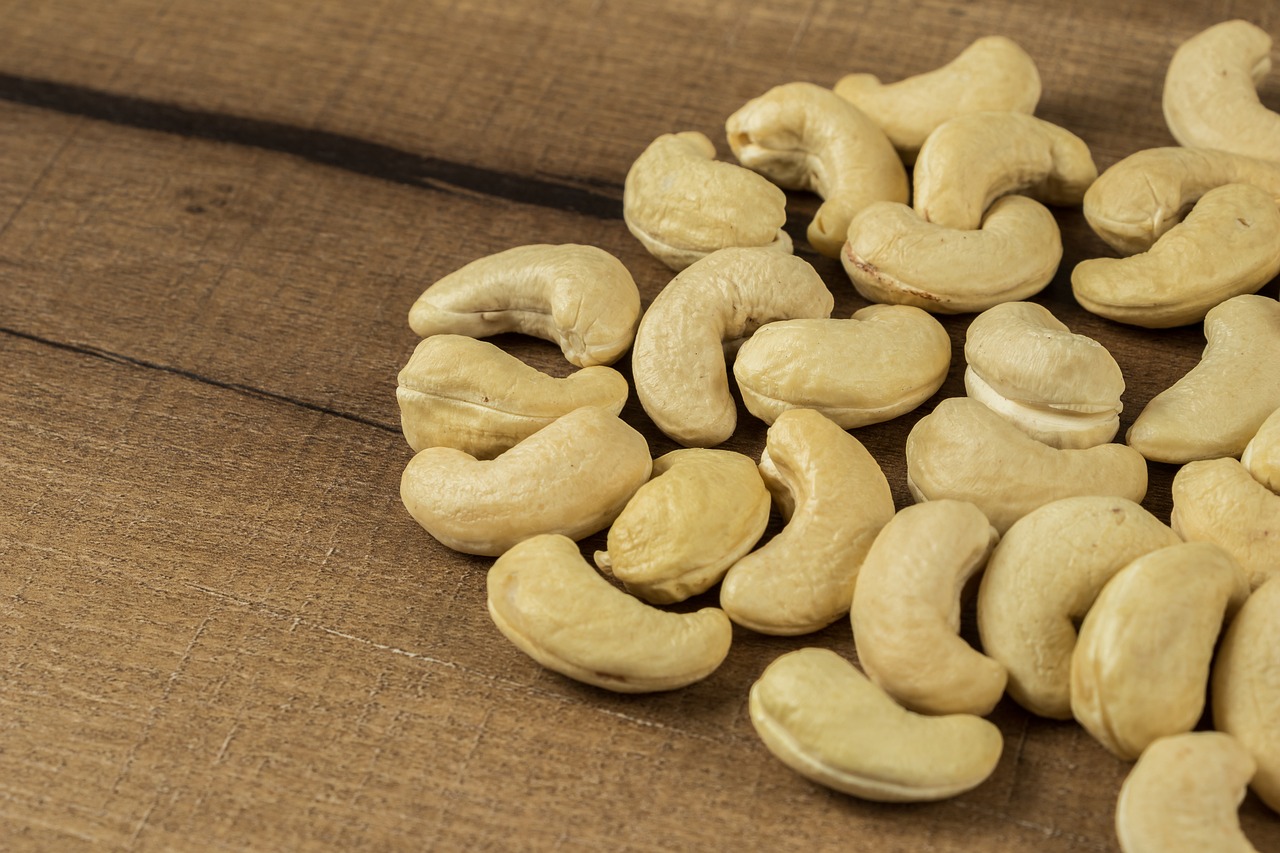The body does not require large amounts of copper but nevertheless, this trace mineral is involved with several key bodily functions. That’s why ensuring the body gets an adequate supply is so important. To begin with, copper is a necessary part of the body’s ability to produce hemoglobin. It also works together with iron in the formation of red blood cells.
And without copper, the body could not complete the process of building the bones that make up the skeletal system. It is one of the minerals the body relies on to help keep bones strong. Strong bones are less likely to break, fracture or become brittle. And bones that are strong can keep osteoporosis from developing.
Copper and The Skin
Copper plays an important role in the formation of two components that are vital to healthy skin: elastin and collagen. Collagen is present in the skin’s connective tissues and it plays a crucial role in the body’s ability to quickly and thoroughly heal all wounds. Elastin is what gives skin the ability to stretch and spring back into shape. It is also what helps prolong the onset of wrinkles.
Copper is one of the ingredients found in the hair’s pigmentation. Pigmentation is what gives hair its color and its sheen. In addition, copper must be present in order for the body to make the neurotransmitter noradrenaline.
Copper is also important for lowering the risks associated with the onset of heart disease including heart arrhythmia, high blood pressure, high cholesterol and stroke. It gives the immune system a boost and finally, it is involved in the processes that manufacture important anti-oxidant enzymes.
Dietary Sources of Copper
Green vegetables, prunes, beans, peas, lentils, potatoes, sweet potatoes, turnip greens, mushrooms, beef liver, fish, mackerel, clams, crabmeat, lobster, oysters, nuts (particularly walnuts, peanuts, Brazil nuts and cashews), pumpkin, sunflower and sesame seeds, breads and cereals made from whole grains and barley are some good sources of copper.
The body is able to store this mineral for later use. Because of this, it is not necessary to rely on a daily dietary intake. However there is a recommended daily allowance for copper and it is 1.2 milligrams.
Symptoms of a Copper Deficiency
For many people, the likelihood of developing a copper deficiency is practically non-existent. There are two reasons for this. First, the body maintains around 100 – 500 mg so it is unusual for this mineral to run low. Another reason has to do with the fact that most people get plenty of copper simply by drinking water. Before PVC piping came along, almost all pipes used to carry water were made out of copper. With copper pipes, trace amounts of copper regularly leach into the water system.
When the body does experience a deficiency of copper there usually is a corresponding deficiency of iron. That is why anemia is one of the symptoms. Severe anorexia or starvation, and serious kidney problems (which are very rare) can all contribute towards a copper deficiency. Other symptoms include dry skin and problems with hair.
The Author:
Dr. John Spencer Ellis
Each week, over one million people enjoy a fitness and wellness program created by John Spencer Ellis. His programs are implemented in the top resorts, spas and health clubs. John is the CEO of NESTA (National Exercise & Sports Trainers Association), the Spencer Institute for Life Coaching, and the Get America Fit Foundation.
He created Adventure Boot Camp, the largest fitness boot camp system in the world. His TriActive America signature series of outdoor exercise equipment is used worldwide. John has been featured on ABC, NBC, CBS, PBS, FOX, FOX Sports, FOX Reality, SPIKE and ESPN. He is the fitness and lifestyle expert on Bravo’s The Real Housewives of Orange County and Daybreak OC (KDOC news). John is the producer of the documentary The Compass (Jan. 2009).
